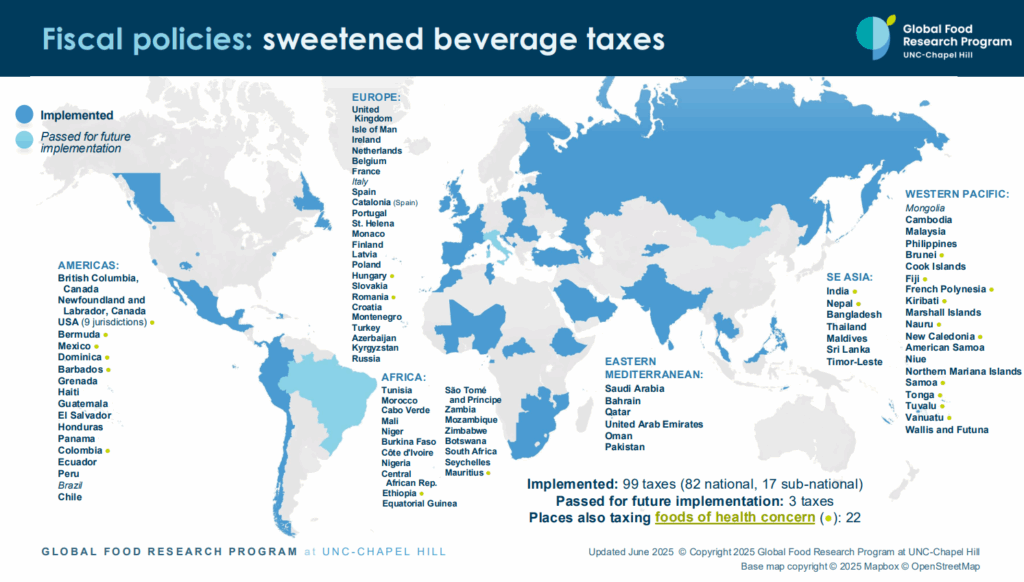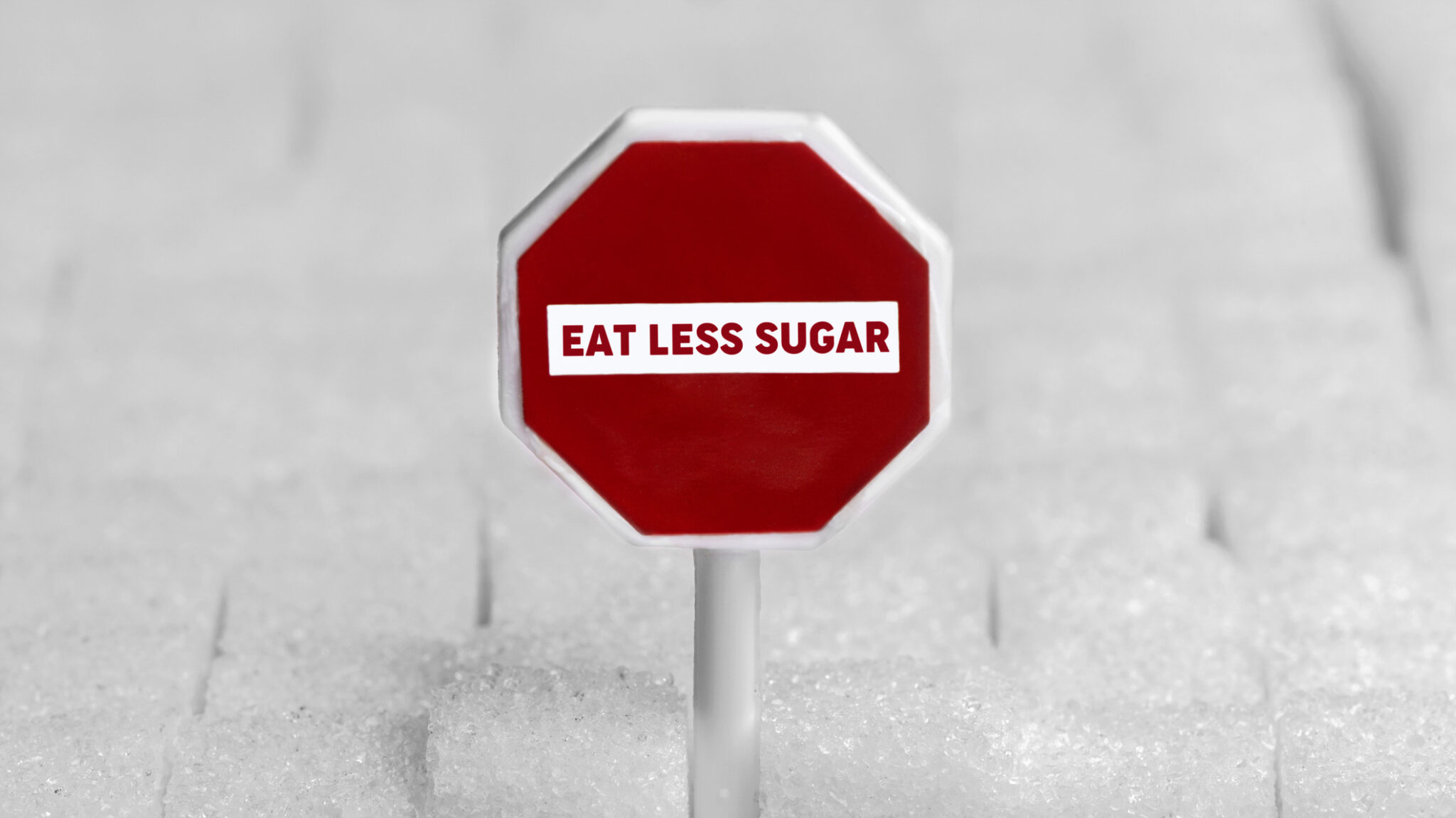A U.N. political declaration on noncommunicable diseases, negotiated over months and backed by most member states, failed to win formal endorsement Thursday after the United States blocked its adoption by consensus at a high-level General Assembly session.
Shortly after its release, U.S. Health Secretary Robert F. Kennedy Jr. said Washington would formally object, arguing the text “exceeds the U.N.’s proper role” and fails to address what his administration considers the most urgent health issues. Kennedy also pointed to ultra-processed foods as a major driver of chronic disease, Reuters reported.
The meeting — the fourth high-level gathering on NCDs at the General Assembly — was intended to set a global vision through 2030, supported by the World Health Organization’s “On the Road to 2025” campaign for ambitious and achievable targets.
The final version of the declaration keeps language on universal health coverage and stronger primary care but drops earlier proposals for “health taxes” on tobacco, alcohol and sugar, along with references to graphic warnings or front-of-package labelling. Public health advocates say the changes reflect industry pressure, The New York Times reported Sept. 24.
Related: Sugar substitutes may protect teeth, but major study links most to faster cognitive decline
Related: U.S. health department pulls back study tying alcohol to oral, esophageal and other cancers
“Gone was the language calling for graphic health warnings on cigarette packs,” the Times wrote. “Gone, too, were the recommendations for so-called health taxes to discourage smoking and the consumption of alcohol and sugar-sweetened drinks. The final document contains no mention of sugary beverages, a key culprit in the rising rates of childhood obesity that affects 35 million children under 5 years old.”
According to Health Policy Watch, the draft text was the first political declaration to set clear NCD targets, stating that by 2030, there should be 150 million fewer people using tobacco; 150 million more people with hypertension under control and 150 million more people with access to mental health care.
Before the weakened language became public, WHO Director-General Tedros Adhanom Ghebreyesus warned about the “outsize role” of corporate lobbying in negotiations. “Governments face fierce opposition from industries that profit from unhealthy products,” he said last week. WHO estimates that increasing excise taxes on tobacco, alcohol and sugary drinks by 50 per cent could generate US$1 trillion over 10 years and prevent 50 million premature deaths.
Related: U.S. health secretary calls sugar ‘poison’ weeks after dental association urges cutbacks
Related: U.S. breakfast cereals are getting less healthy. What does that mean for Canadians?
More than 80 countries, including Mexico, South Africa and Chile, have already introduced soda taxes or front-of-package nutrition labels. Evaluations suggest these measures reduce consumption and direct new revenue toward treating conditions such as diabetes and cardiovascular disease.

Health advocates say the diluted language sends the wrong signal. “When the language is weak, it tells governments they can do what they want, leaving vulnerable populations at the mercy of industry,” said Catherine Egbe, a senior scientist at South Africa’s Medical Research Council.
— With files from WHO, The New York Times, Health Policy Watch and Reuters
Source link

